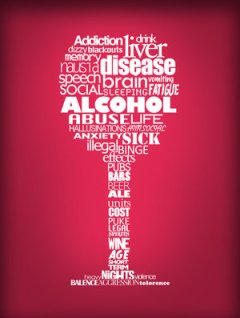25% Off ADHD & Domestic Violence CE
 To help promote awareness and education of ADHD and Domestic Violence, we are featuring all of our ADHD and Domestic Violence online CE courses at 25% off during October:
To help promote awareness and education of ADHD and Domestic Violence, we are featuring all of our ADHD and Domestic Violence online CE courses at 25% off during October:
- Attention Deficit Hyperactivity Disorder (ADHD)
- The Impact of a Life of ADHD: Understanding for Clinicians and Clients
- Diagnosing ADHD in Adults
ADHD is a non-discriminatory disorder affecting people of every age, gender, IQ, and religious and socioeconomic background. Do you know what appropriate treatment is? Are you up-to-date on what kind of help is available? A lot has changed in the last 20 and even in just the last five years. Click here for ADHD resources.
- Children’s Exposure to Violence
- Domestic Violence: Child Abuse and Intimate Partner Violence
- Electronic Media and Youth Violence
- Alcohol and Intimate Partner Violence
Domestic violence doesn’t discriminate. While there are so many good causes, rarely will you find an issue that impacts 1 in 4 women. It is likely that someone in your neighborhood, office, or extended family is in danger right now. Click here to learn how you can help to raise awareness and end violence.
These online courses provides instant access to the course materials (PDF download) and CE test. Successful completion of the online CE test (80% required to pass, 3 chances to take) and course evaluation are required to earn a certificate of completion. You can print the test (download test from My Courses tab of your account after purchasing) and mark your answers on while reading the course document. Then submit online when ready to receive credit.
Professional Development Resources is approved by the American Psychological Association (APA) to sponsor continuing education for psychologists; the National Board of Certified Counselors (NBCC ACEP #5590); the Association of Social Work Boards (ASWB Provider #1046, ACE Program); the American Occupational Therapy Association (AOTA Provider #3159); the Commission on Dietetic Registration (CDRProvider #PR001); the California Board of Behavioral Sciences (#PCE1625); theFlorida Boards of Social Work, Mental Health Counseling and Marriage and Family Therapy (#BAP346), Psychology & School Psychology (#50-1635), Dietetics & Nutrition (#50-1635), and Occupational Therapy Practice (#34); the Illinois DPR for Social Work (#159-00531); the Ohio Counselor, Social Worker & MFT Board (#RCST100501); the South Carolina Board of Professional Counselors & MFTs (#193); and the Texas Board of Examiners of Marriage & Family Therapists (#114) and State Board of Social Worker Examiners (#5678).
















